Frank DeFilippo: Pugh, City Face Ultimate Test of Staying Power
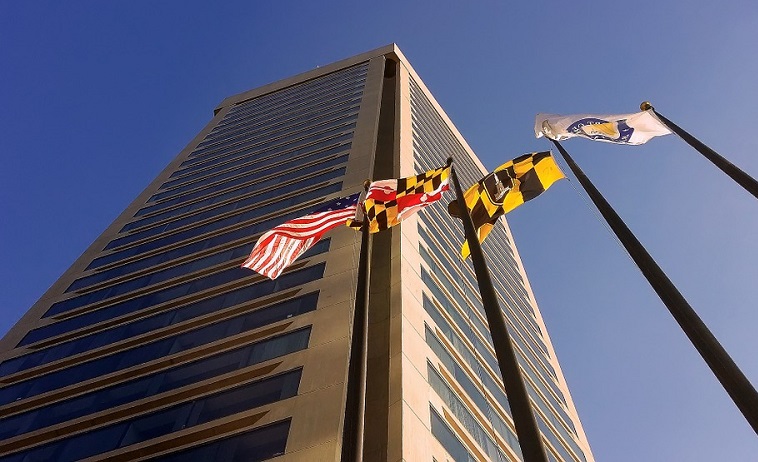
Mayor Catherine Pugh is caught between the devil and the deep. If she returns to City Hall, she has little or no support to bolster her position which is essential to governing. And if she remains an absentee mayor, or resigns, she might as well plead guilty.
As is customary in such sticky confines, Pugh’s attorneys are probably advising her to remain silent and let them do the talking to protect her legal position. Any wrong word could be a culpable disaster.
But the public relations counselors, if there are any left, are no doubt bucking the lawyers with the argument that Pugh has an obligation to the public and the city so she should go about doing her job as if all’s well, even performing for the TV cameras as she enjoys doing.
With Pugh’s pecuniary interests, however, there may be a third force at work that is testing her staying power. Pugh might be considering hanging on as mayor as long as it takes to negotiate a pension deal as lucrative as the financial package former mayor Sheila Dixon pocketed as she walked away from City Hall following her decline and fall.
By way of a status report, all 14 members of the Baltimore City Council have urged Pugh to resign. They were joined by Baltimore’s delegation to the House of Delegates as well as the editorial pages of The Baltimore Sun and The Washington Post. Add to the growing pressure the Greater Baltimore Committee, kind of a shadow government of 500 businessmen, that said in a statement that Pugh must go because she has lost the confidence of the people as well as the “moral authority” to govern.
Pugh’s senior staffer and gatekeeper, former Baltimore County executive James Smith, has submitted his resignation, and three staff members have been placed on leave of absence with pay.
Several parallel investigations are underway into the sale, or purchase, of Pugh’s “Healthy Holly” children’s books to organizations or entities doing business with the state or city or, in the case of the University of Maryland Medical System, where Pugh sat on the board as well.
Dixon’s transgressions involved her personal use of a few hundred dollars in gift cards intended for the poor, which might be viewed as sleazier and more repugnant than pocketing cash.
Pugh initially characterized the revelations of her book deals as a “witch hunt,” a phrase she might come to regret as the money trail gets richer and indisputably real. Pugh’s transactions have totaled an estimated $800,000 as far as is known at this point. Pugh bought a house for $171,000 in cash and paid for renovations in cash. She also returned $100,000 to UMMS by a check that she wrote. The boodle all went to and through Pugh’s depository, Healthy Holly LLC.
An limited liability corporation is what is known as a pass-through entity. The money goes in as income and is paid out as dividends and is therefore taxed at about half the rate as income. LLCs do not pay taxes but the individuals, or partners, do.
Dixon, through an intricate series of negotiations by her lawyers, was able to walk away from her job as mayor with a financial package worth about $100,000 a year, according to reports at the time.
That amount, based on her 22 years of service in elected office, included $83,435 in annual pension benefits as well as health care coverage. Dixon’s salary as mayor at the time was $151,000 a year. Pugh’s annual salary as mayor is $180,000.
Dixon was found guilty by a jury and pleaded guilty to perjury. She received probation before judgment in both criminal cases which preserved her right to the pension.
Pugh has said through a spokesman that she fully intends to return to work as mayor when her health improves. She took an indefinite leave of absence after spending several days in the hospital for what was said to be pneumonia.
The leave occurred at the height of the revelations over the sale of her book and just after she held a news conference to try and soften the blow. It backfired, and as revelations of the transactions multiplied the criticism has intensified. Pugh’s support, even among her natural constituency, is rapidly dissipating.
Pugh’s temporary departure, under the terms of the city charter, bestowed the job of mayor, if only short-term, on city council President Bernard “Jack” Young and gave him the title of ex officio mayor. If and when Pugh returns, Young will have to relinquish both status and title and resume his elective job as city council president.
If Pugh were to resign, however, Young would inherit the mayor’s office and serve out the remainder of Pugh’s term, which expires next year. When Dixon resigned, Stephanie Rawlings-Blake ascended to mayor and eventually won election on her own but decided not to seek another term, leaving an opening for Pugh to run. Young has already announced that he will not run for mayor in 2020.
But Thiru Vignarajah will. The 42-year-old career prosecutor and former deputy attorney general was the first candidate out of the blocks shortly after Pugh stumbled over her own woes. Vignarajah finished third in the race for state’s attorney last year.
Vignarajah is no doubt the first of many who’ll pounce upon Pugh’s problems, or a possible vacancy if Pugh, for reasons of her own, or other investigative persuasions, were to vacate the mayor’s office.
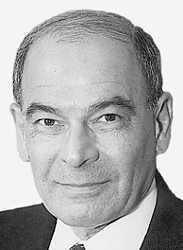
Frank A. DeFilippo
Dixon is another who’s talking about a renewed attempt to reclaim the office that she was forced to abandon. Dixon narrowly lost her first re-entry bid to Pugh. Another name mentioned frequently is that of Del. Nick Mosby, husband of Baltimore City State’s Attorney Marilyn Mosby.
Meantime, Baltimore is a city near total collapse. The death of Freddie Gray while in police custody (five years ago) seems to be the line of demarcation when the decent into urban hell either began or accelerated.
But the decay was underway long before that riotous day. It was covered up and smothered over by the civic love songs about Harbor Place, Harbor East and the resuscitated storage-tank fields of Canton.
The physical deterioration and the rise in crime hastened under Pugh, a weak administrator at best, and a feeble presence at worst. She bumbled the hiring or the appointment of four police commissioners.
And when the fifth, and current, commissioner, Michael Harrison, finally took the oath of office, Pugh was soon out the door and indisposed because of illness, leaving the new top cop uncertain but vowing to stay on.
Baltimore is not exactly Mr. Roger’s neighborhood. Go anywhere in the city – a corner grocery store or neighborhood supermarket, a downtown deli or a white-tablecloth restaurant – and cock an ear to the conversations and they’re mainly about the deterioration of the city into a lawless and leaderless warren of crime and grime.
Put another way, people are fed up and are avoiding many areas of the city, but mainly the downtown hub. They fear that their lives and livelihoods are in grave danger and they live behind bolted doors. Even then a stray bullet finds a victim.
It’s taken a few years to reach bottom, but it may take decades to figure a way out.
Did someone forward this to you?
Get your own daily morning news roundup in your inbox. Free. Sign up here.
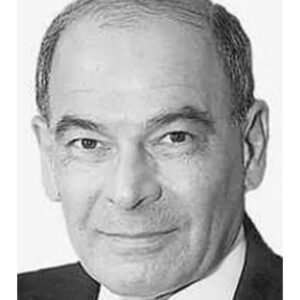
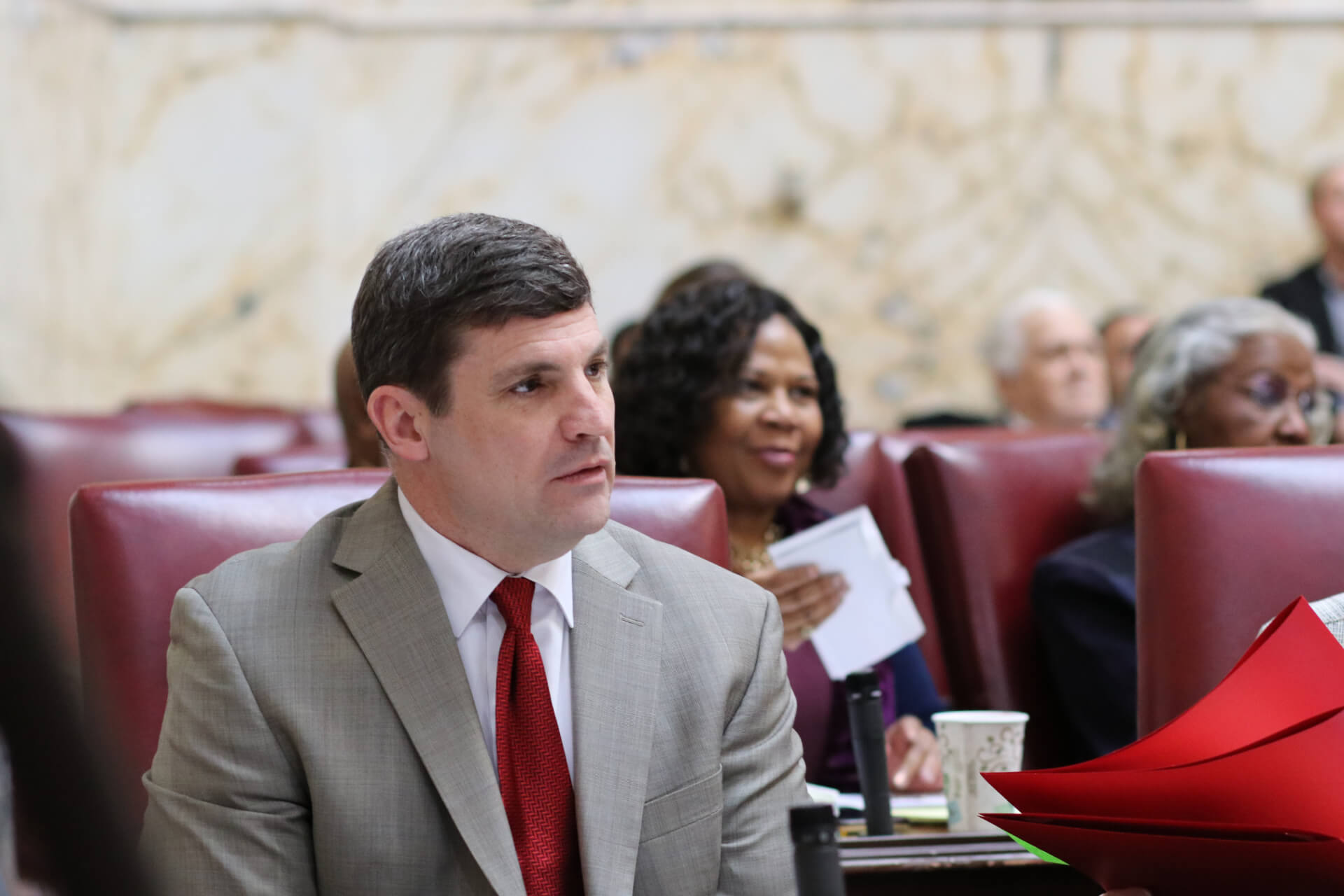
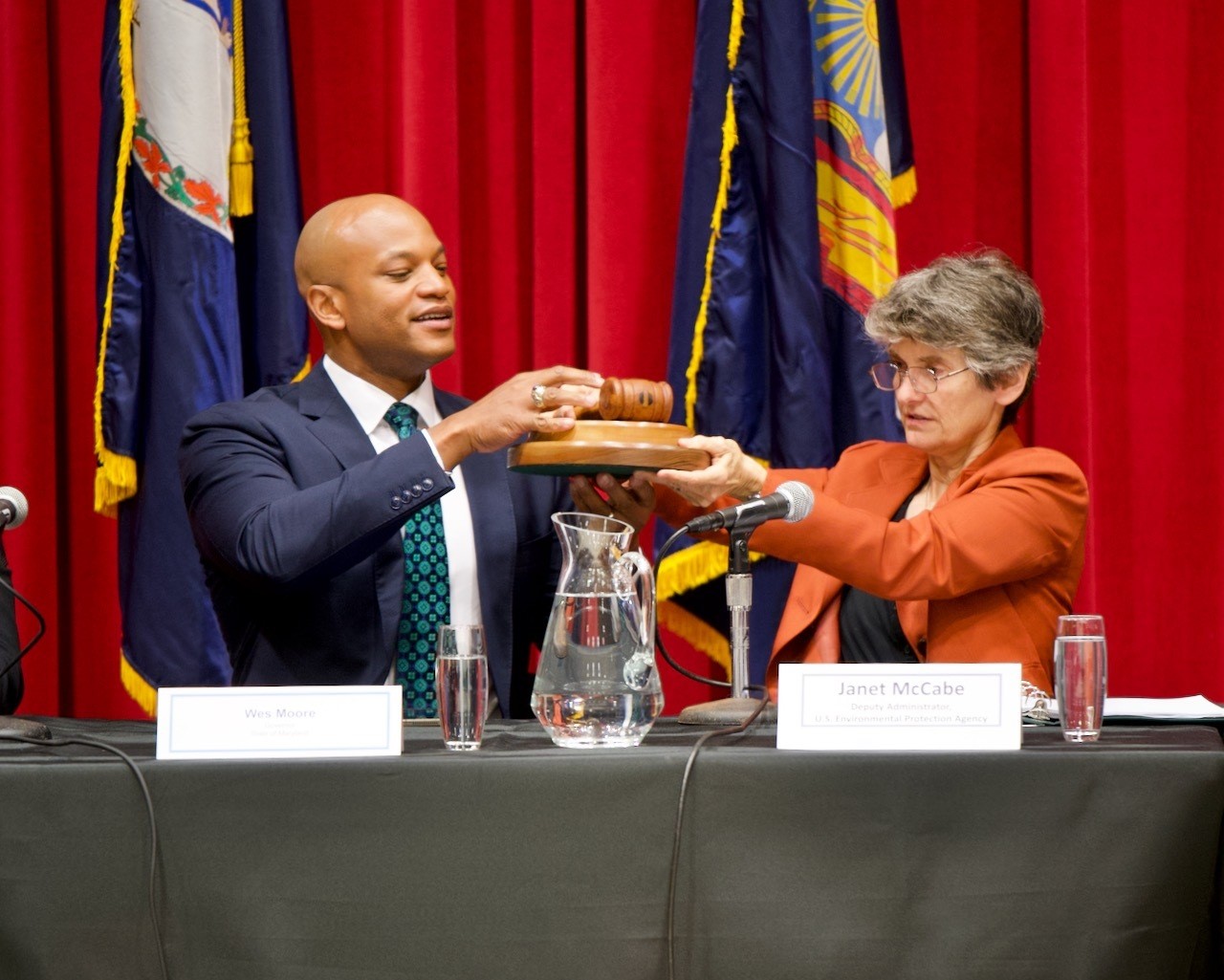
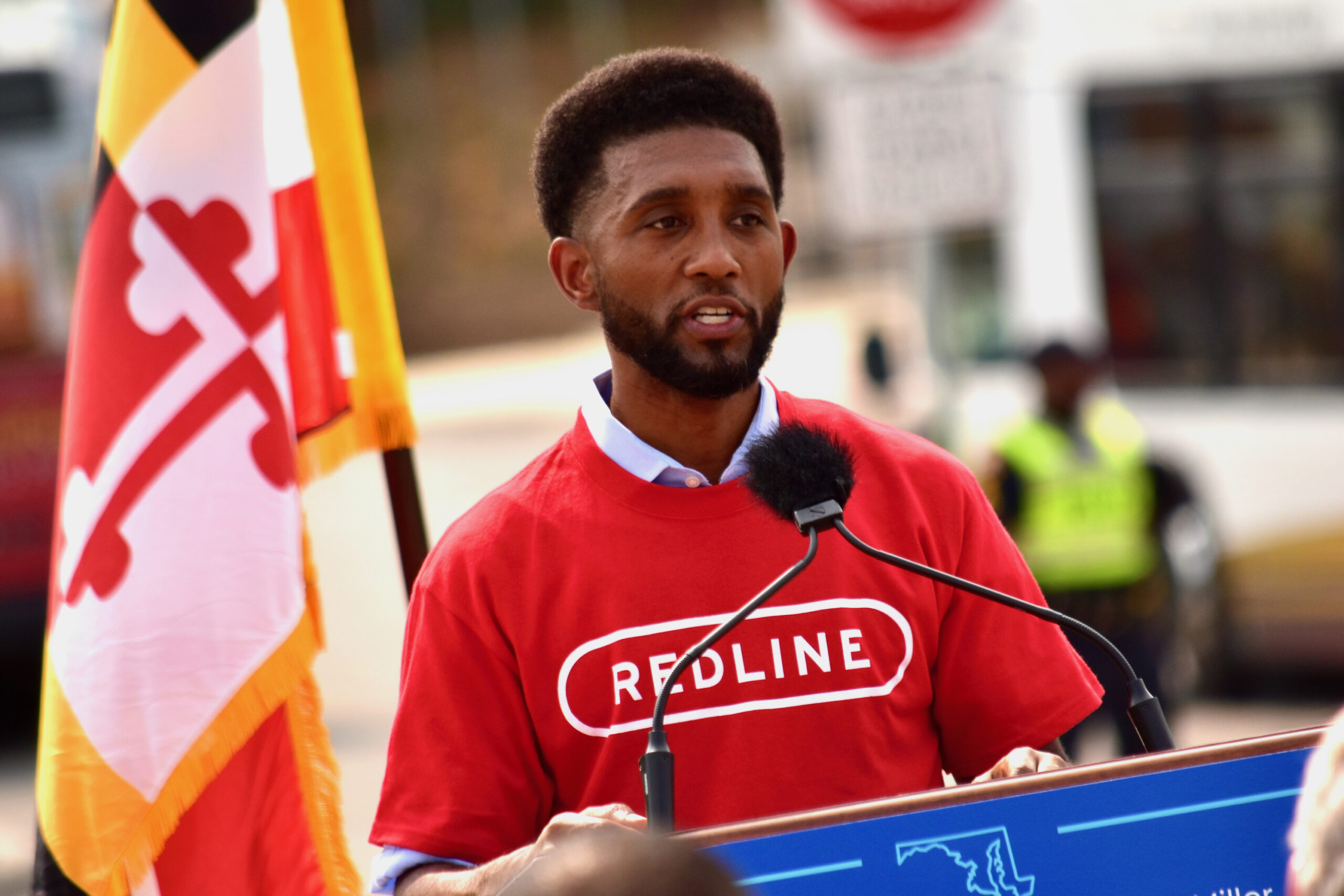
 Creative Commons Attribution
Creative Commons Attribution